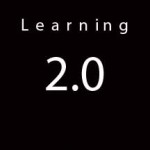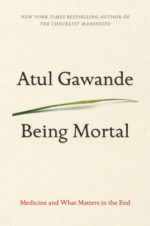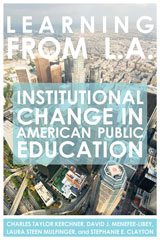The Elements of Learning 2.0: Developing the New Basic Skills
Posted on | August 6, 2011 | Comments Off on The Elements of Learning 2.0: Developing the New Basic Skills
Learning to collaborate and to solve ill-defined problems are to the 21st Century what industrial discipline was to the last hundred years, according to those who have studied what employers and society need. They need to be considered basic skills just as are reading, math, and science, and they are one of the key elements of Learning 2.0.
By the turn of the millennium, it was clear that jobs requiring routine thinking and skills were giving way to those involving both higher levels of knowledge and also some applied skills, such as expert thinking and complex communicating that are not well captured by most current educational standards or taught in the conventional curriculum. Teamwork, for example, is taught mostly in extra curricular activities.
But how to do this? If we as a society want creativity, if we want working together where do we teach it? How do we assess it? The current policy path links new basic skills with a new generation of tests that will be a part of the Common Core of Standards.
But the tests and the Common Core face a very long developmental chain and growing political opposition. A whole series of decisions has to fall the right way for tests and curriculum to emerge and be adopted. And all that happens before classrooms start to change.
Consider, for a moment, a parallel policy pathway. Instead of using educational policy to produce new tests that are to drive instruction, why not turn the process upside down and create accessible forms of learning that involve the new basic skills? Let changes in learning drive the tests.
By reversing the process, we would adopt the developmental strategy of “permanent Beta testing” made famous at Google. Get changes in learning and on-the-ground evaluation first, and build tests and curriculum based on the experience of thousands of users. Start from the bottom, not from the top. Cognitive psychologist Daniel Willingham, whose Why Don’t Students Like School? should be on everyone’s reading list, argues that seeing what works requires some kind of assessment plan be in place and that measuring 21st Century Skills is extremely difficult. Yet, there exist demonstration projects that carry with them both the capacity to evaluate and some experience developing instrumentation and professional practice. (In a longer essay, I discuss the potential of study groups, project-based learning, and rethinking subject matter teaching to introduce 21st Century skills.)
We can probably advance 21st Century skills as much through grounded experimentation as we can through explicit public policy.
Tags: 21st Century Skills > ConnectED > Daniel Willingham > Irvine Foundation > New Basic Skills > New Tech Network > Uri Trisman





